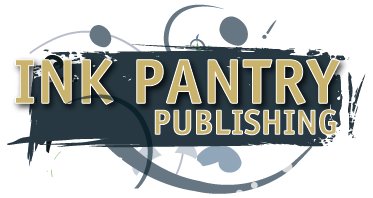
I once lived in Sydney
I once lived in Sydney,
the Venice of the very Far East,
where boats glide on ancient waters
that mirror a kaleidoscope of things,
some yachts, aeroplanes and fairie dwellings,
all basking in coves and bays of tranquility.
There was one particular bay I haunted
that had a house so close to the beach
with a wooden seat,
where I sat fantasizing about being part of that unattainable idyll.
My bedroom would be the one that faced the sea
with the waves my lullaby every moon-lit evening.
My eyes would greet the sea-born sun every sunrise
and before it sets in,
and all the shells that deck the sand
would remain where they could inhale the brine
of the deep,
no holes to puncture their hearts,
no strings to imprison,
no roofs to cloister their singing.
When I was a child
When I was a child,
I came to the rescue of ants
by ferrying them across puddles on tree-leaf rafts,
and prepared a funeral for those that perished in the aftermath
of a storm that had no rainbow
or a covenant-pact.
One of my brother’s matchbox cars
served as a hearse.
Flowers were placed where a hole was dug
and a solemn face served as a prayer for the newly interred.
When I was a child,
every object I beheld instantly came to life.
I was able to commune with stone
and pine trees were my confidantes.
Because I could no understand the sky’s native tongue,
she scribbled messages to me in the form of clouds,
the alphabet of the skies,
which I was able to imbibe.
The stars, the blessed souls of my departed pals,
kept a watch over me
and shed tears, falling lights,
when I for the irretrievable pined.
Schooling and the religious establishment
instructed me to strangle whatever beliefs I held
before they became poisonous to my mind and faith.
And when I could not prove to my friends
that those objects were not inanimate,
I intimated to them in later times
that man was more capable of being insensate.
I dread the hour
I dread the hour when I shall learn
of another inevitable betrayal to come
in this never-ending, treason-driven turmoil.
It’s in the way you lower your furtive eyes,
mobilize your lips to force a smile,
then shuffle your feet to assemble a departure
that evades the encounter,
for the Judas kiss is not a part
of this forecast.
I dread the hour when I shall feel
your poison seeping into my veins
like an invisible disease
to contaminate my streams
with the venomous filth of treachery.
Susie Gharib is a graduate of the University of Strathclyde with a Ph.D. on the work of D.H. Lawrence. Her poetry and fiction have appeared in Adelaide Literary Magazine, Green Hills Literary Lantern, A New Ulster, Crossways, The Curlew, The Pennsylvania Literary Journal, Ink Pantry, Mad Swirl, Miller’s Pond Poetry Magazine, and Down in the Dirt.
Susie’s first book (adapted for film), Classic Adaptations, includes Charlotte Bronte’s Villette, Virginia Woolf’s The Waves, and D.H. Lawrence’s Lady Chatterley’s Lover.
You can find more of Susie’s work here on Ink Pantry.



